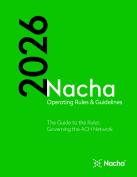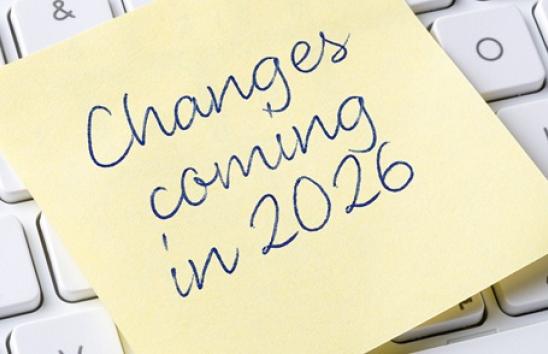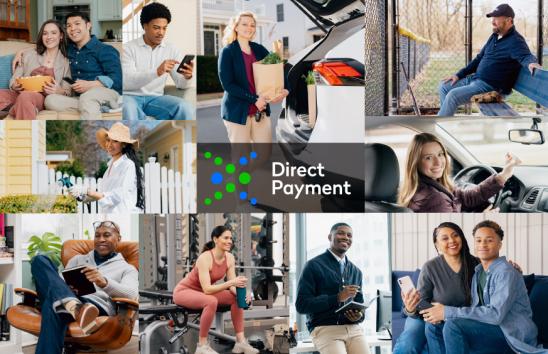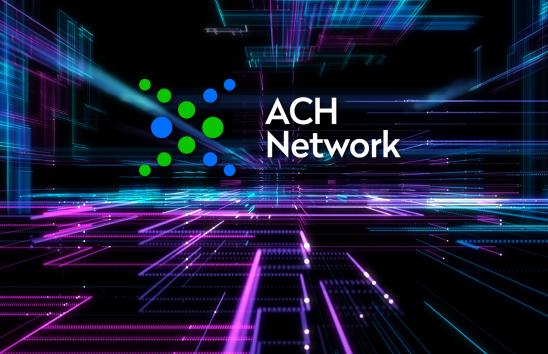FedNow’s Upcoming Debut Prompts Questions About Expanding ACH
Author
NASHVILLE, Tennessee—Could FedNow pave the way for more ACH settlement windows?
A major stumbling block to expanding ACH hours is that the Federal Reserve’s National Settlement Service (NSS) for interbank settlement closes at the end of the business day (on Eastern Time), as well as on weekends and holidays. But as the debut of the FedNow faster payment service moves closer, it’s prompting questions about making its functionality applicable to other Fed services, including ACH.
“It’s interesting to note that FedNow will be 24/7, somehow, within a year and a half, but NSS will not. I’m not sure how it’s all going to work, but I think if FedNow can do it, why don’t we just run all the settlement transactions on FedNow?” asked Steve Kenneally, Senior Vice President, Payments, at the American Bankers Association.
Kenneally and Bill Sullivan, Nacha Senior Director and Group Manager, Government and Industry Relations, spoke at the Smarter Faster Payments 2022 session “Advocating and Influencing Payments Policy.”
Sullivan said Nacha has been talking with the Fed for many years on expanding NSS hours. In fact, as far back as 2013, Nacha responded to a Fed paper by suggesting that “to support a 21st century payment system, the Federal Reserve could expand the opening hours of the National Settlement Service to support daily settlement activity with longer opening hours, ideally on a near 24x7 schedule, even on weekends and holidays.”
“We’re hoping that as everything moves faster there will be some solution and maybe even it’s a central bank digital currency (CBDC) for interbank settlements. It might help supplement —or eventually eliminate the need for—NSS,” said Sullivan.
“Right now, 85% of all the central banks worldwide are looking at some form of CBDC. Very few have actually implemented—very, very few,” said Sullivan.
As for the U.S., the Federal Reserve Board has said it will not advance a CBDC without legislation, and Sullivan described Congress as being “very much in a learning phase, so this is not inevitable, it’s not imminent.” But in a recent letter to the Federal Reserve Board of Governors, Nacha encouraged the Fed “to introduce any CBDC initially as a form of central bank money solely for the purpose of settling interbank payments,” noting a CBDC settlement function “could initially operate in parallel to the [NSS], the Fedwire Funds Service, and the liquidity management tool, which is currently positioned to be limited solely to participation in FedNow.”
Other topics touched on during the May 3 session included the Bank On program. ABA is a strong and vocal supporter of Bank On, which Kenneally said is an effort at “standardizing low-cost bank accounts with minimal fees that can be charged—no overdraft—that banks can offer to try to get more people onboarded to use the banking system.”
Sullivan noted that the carrot of ACH payments gave a big push.
“During the pandemic, when everything was shut down, we did see Bank On-related bank account openings increase as ACH Direct Deposits for [economic impact payments] and child tax credit payments increased. So, you can make the assumption that people were listening, and wanted to get their money faster, and didn’t want to deal with a check,” said Sullivan.
Kenneally gave an update on the U.S. Coin Task Force, which includes ABA, the U.S. Treasury and other organizations, and was convened at the onset of the pandemic. He said about 80% of coins typically in circulation are “recycled,” meaning people received them as change and then spent them, but that’s down to about 60%. Exacerbating the issue: Federal Reserve Banks are rationing coins, leaving retailers and the banks serving them in a bind.
“If you ordinarily asked for $10,000 a week in coins, they would only give you $3,000 a week, so you couldn’t meet Walmart’s requirements,” said Kenneally.
Reminiscent of a World War II scrap metal drive, he’s urging Americans to go to their cookie jars, couch cushions and cupholders in search of coins.
“Go to Coinstar, or a bank, and dump your coins,” said Kenneally, “because we need them to be circulated.”








